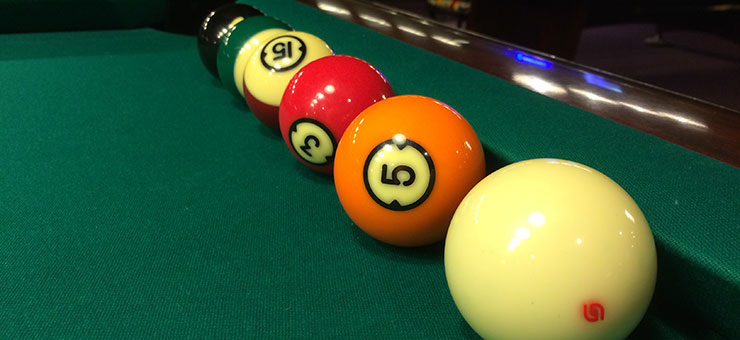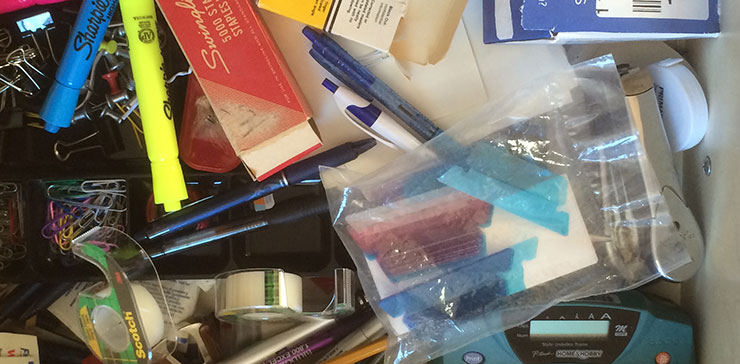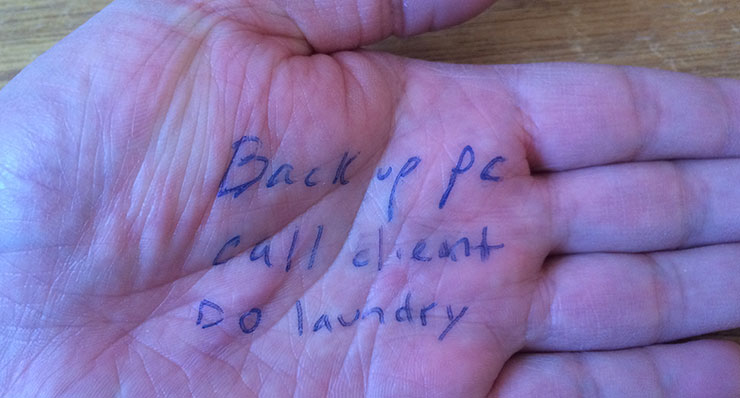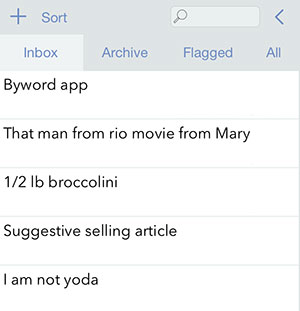How many times have you forgotten a password?
Wait, don’t answer that. I already know the answer because for most, the answer is “a lot.”
Including me.
I was your typical online personality. I would reuse the same login information so it was easy for me to remember. Why not minimize a lot of headaches?
The good news is that over the last year, I only have to remember one master password. And that’s not because I use the same password for every site I login to.
The reason is because I wanted to increase my online security. In this day and age, we constantly hear stories about accounts getting hacked. My mindset is that it’s only going to get worse if it ever gets better.
After doing some research, I decided to go with 1Password.
The benefit of having more secure passwords makes me sleep better at night. Are they are fool-proof? No. But they aren’t embarassingly hackable by a 4 year old either. And they are all unique so if one site gets hacked, I don’t have to worry about others.
Security Up, Productivity Up
But as much as I made my decision based on security, the benefit impacts my productivity on a daily basis.
You can’t imagine how many sites you login per day. It’s more than you think.
Now I have to remember only one password.
One.
So while I can have many unique very passwords that look like this:
7t<Yu)wrEj)7V[oiwyS+val]iK(B
I don’t ever have to remember any of them.
At current count, I have over 250 logins. Mind you, not all of them are for me personally, which I’ll get to in a minute.
And, I don’t even have to type in my one long master password everytime. If I’ve used 1Password recently on my laptop, I can simply use a keyboard shortcut to enter login credentials to any site. It will also auto-fill credit card info if you choose to use that time-saving feature.
As mentioned earlier, this problem is insanely common. As a consultant, I have multiple clients. Due to the work I do, many times I need access to some of their accounts, which I never feel comfortable asking for. But in some cases, there is no way around me needing some of their private information.
So having a secure password manager makes me feel a lot better that I can protect someone else’s privacy as well.
As a sidenote and the impetus for this article, ALL of my clients at one time or another have asked me for one of their passwords. I guess it’s nice knowing that they inherently trust me but I’d rather see my clients improve the way they handle their online security.
People think that password management, if they even know about it, is only about security.
I propose that it’s only half the reason. The other half is decluttering your brain with insecure information and not wasting time trying to find the password you wrote down somewhere or resetting it only to forget it the next time.
I happen to use 1Password but with minimal effort, you can find lots of them out there.
Please note that I have received no compensation from the makers of 1Password for this article.




